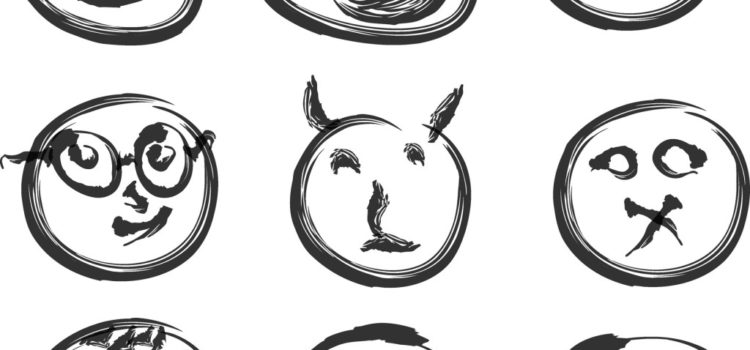Usually by the time a depressed person comes in to see me, it’s because what they’re doing hasn’t been working. Therapy hasn’t been helping, or they don’t have the time or finances to do therapy. So as a psychiatrist, I offer an antidepressant. And almost every day, people hesitate. They don’t hesitate because they doubt whether the medications work (a separate debate). They hesitate because they want to follow a “natural” lifestyle or philosophy. Now I follow a principle of using as little medication as needed, recognizing a propensity in many colleagues to use more and chase every symptom with
Chemicals, Depression, and the Mythos of Natural





